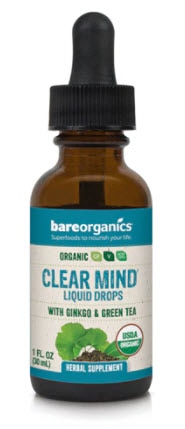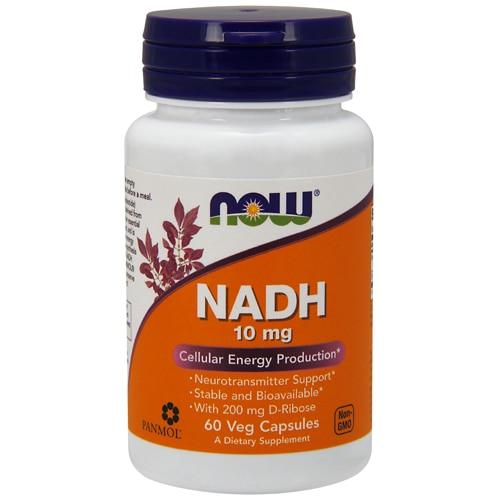Occasionally misplacing your car keys is one thing, but consistently feeling foggy-minded and overwhelmed?
You may be suffering from mental fatigue, a temporary but critical condition created by cognitive strain and marked by decreased emotional resilience, irritability, a dearth of motivation and
reduced physical performance.
 What is mental fatigue?
What is mental fatigue?
As clichéd as it may be to compare the brain to a computer, it’s become a platitude for a reason: You know how your computer functions when you have multiple websites and files open, all the while running a YouTube video in the background? Not so well. It slows substantially, or crashes.
The same is true for your mind. In this modern era, it’s become normal to think about what you’ll be preparing for dinner during a Zoom conference, answering texts while completing a report, thinking about the errands you have to run during a yoga class and worrying about a relationship issue while replying to emails. All of these must-dos that infringe on your brain contribute to an incapacity to think clearly—a brand of exhaustion that can result in interpersonal complications, increased negativity, decreased production and
burnout—a medical condition that’s become so prevalent it’s been identified by the World Health Organization.
Sound familiar? Here are seven concrete ways to overcome mental fatigue—or to prevent its onset.
Overcoming mental fatigue
1. Banish clutter from your life
A car filled with snack wrappers and empty Starbucks cups, a kitchen island covered with letters and bills, even a computer desktop scattered with files—all can fatigue your mind even further: Science shows that clutter isn’t just a blight to the eyes but can also raise cortisol levels and impinge on your capacity to concentrate.
Once a day, do a quick sweep through your home, vehicle and computer and put away what’s not immediately needed. Clean physical surroundings will spur a sense of serenity—and help you focus with greater ease.
2. Turn off notifications on your phone
Diving into deep work? Adjust the settings on your smartphone. Hearing a ding or seeing your phone light up every few minutes (or even just once an hour) disrupts creative and mental flow. This may keep you from completing the task at hand, while also making your brain feel crowded and overwhelmed as other things compete for your attention.
If
ditching your digital devices sounds impossible, tell your family, clients, colleagues and friends ahead of time that you’ll be unreachable during a set number of hours to work (or relax) without distraction.
3. Resist procrastination
You may be putting something off—an important phone call to your partner or a daunting work project—but keep in mind that procrastination
takes a bigger toll on your brain than attacking what you’ve been avoiding. What’s more, it creates additional stress, which exhausts mental energy. (Jung had it right when he said that “What you resist not only persists, but will grow in size.”)
4. Feed your brain what it needs
…and not just in terms of gorgeous views and delightful content: Chess players burn up to 6,000 calories a day during tournaments, even though the game is hardly physical. This is because although your brain represents only about two percent of your body weight, it accounts for twenty percent of your energy use and guzzles up over half of the glucose in your bloodstream. (Indeed, extreme dieting not only reduces your ability to think sharply but also escalates the production of the stress hormone, corticosterone, rendering your brain more vulnerable to stress
and increasing your risk of depression, both of which can tax your mental wellness.)
Ensure your brain is receiving the proper amount of calories, carbohydrates, proteins and good fats and fill your plate with
brain-boosting foods, including broccoli, walnuts, fatty fish and berries. Love coffee and dark chocolate? You’re in luck: Both have been linked to bolstered cognitive function.
5. Ensure you don’t have an underlying health condition
Symptoms of mental fatigue can sometimes be attributed to more than a busy professional and social life. If you are experiencing heart palpitations or chronic chest pain after reducing your workload and diminishing mental fatigue, it’s high time to book an appointment with your health care professional. You should also see your physician if you feel acutely depressed or anxious, or are fatigued after starting a new medication.
6. Curb self-criticism
Constant internal condemnations (“you shouldn’t have said that/you should have worked harder/you shouldn’t have eaten that ice cream”) amplify stress, and yet many people believe that maintaining a self-critical approach to life will boost their motivation and compel them to get more accomplished.
But relentless reproaches—and relentless perfectionism—backfires by depleting you of mental energy and keeping you from achieving what you set out to do
and at the quality you aimed for. Indeed, one study found that people who finished a difficult test and received a compassionate message afterward were game to study longer for future similar exams, compared to those who took the same test but didn’t get a kind message. To frame it differently, quiet your inner judge and be empathetic and considerate to yourself. Your brain will thank you.
7. Prioritize breaks
Breaks are imperative to crushing mental fatigue and thinking straight (and happily). Even if you’ve gotten into the habit of working straight through your lunch hour, barely lifting your fingers from the keyboard or booking back-to-back appointments, it’s never too late to embrace change.
Set a timer on your phone (the one notification you should allow yourself when involved in deep work) and make sure you shift your focus at least once an hour to either get a glass of water, take a quick walk, or simply stare out your window. Alternatively, set the
Pomodoro timer on your laptop or phone and break every 25 minutes. After all, your brain needs to reset and recharge—otherwise, overworking will become akin to pressing the pedal to the metal on an empty tank of gas.
8. Find herbal support
While your nutritional needs should be met through a healthy, whole foods, organic diet, additional botanical support may keep mental fatigue at bay. Siberian
Ginseng, for example, helps uplifts energy, both mental and physical; just be sure not to take it after 3 p.m., as it can have a stimulating effect that may disrupt your oh-so-essential sleep.
Goldenseal root, meanwhile, has been found to help combat fatigue, with one study revealing that the herb promoted mental performance among young physicians who worked the night shift.
†
Lastly, consider
Cordyceps sinesi. This seemingly-benign mushroom can have a wonderful impact on your energy levels and ability to surmount stress—and less stress equals a more efficient, clear-headed and content
you.†
†These statements have not been approved by the Food and Drug Administration. These products are not intended to diagnose, treat, cure or prevent disease.
Featured product:

 What is mental fatigue?
What is mental fatigue?



